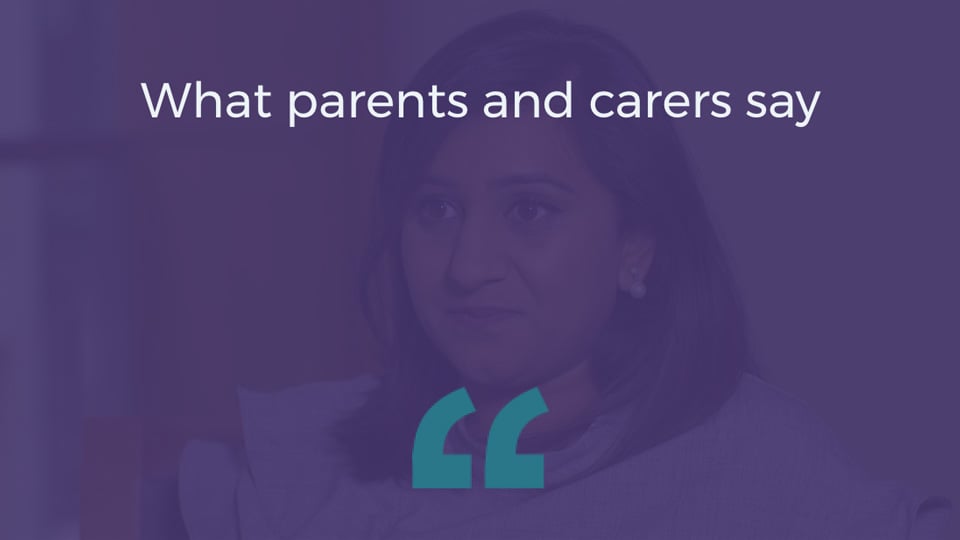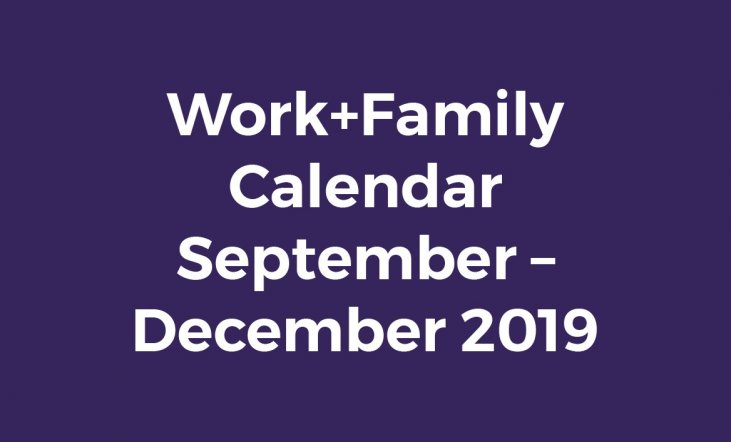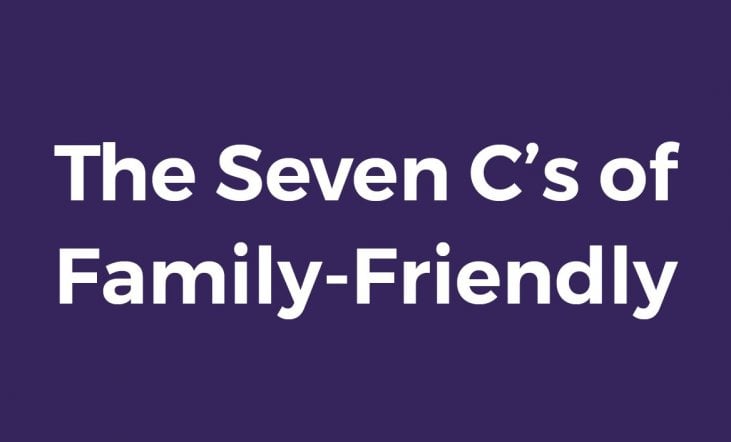Downloads
Newsletter Sign Up
Regular work+family updates for
HR and diversity professionals.
My Family Care asks Tamara: We've all worked, or lived, with someone who thinks differently than we do. How can we learn to work better together and what should we be mindful of?
Diagnosing a condition
No two family household dynamics are alike, that's for sure. Different lifestyles, personalities, family members, age... the list goes on. So when I began thinking about writing this, I started reflecting on what it is that makes our household unique and how we all rub along.
Let me explain. We're a family of four: mum, dad and 2 kids. My elder child is a boy of 13 (Simon) and the youngest member of our family is a little girl of 8, who has an Autistic Spectrum Condition (ASC). You may hear it referred to as a disorder, but these days its increasingly called a condition.
Experiencing the world differently
The psychologist who diagnosed her, wryly commented, "A large proportion of Silicon Valley are likely on the spectrum and referring to it as a condition removes the negative connotations". Because it is a condition, it's about experiencing the world differently, that's not to say without its challenges - and these can be many - but we should also recognise some of the positives aspects.
My daughter has a prodigious memory, able to recall sequentially who said what to whom, and what happened when, which can be inconvenient! She also astounded me recently when on asking who I sat next to at work, reeled off a long list of my colleagues, complete with surnames. I had no idea she knew. My son certainly doesn't! She's also a little philosopher and went through a very uncomfortable stage - for the rest of us - of insisting on discussing death, what it meant, how it happens and why, and if it is inevitable; just the 80 odd years beforehand, mind you.
Learning to accommodate
We've been through some difficult times with her, behaviourally, but I have to say these days, life is a little smoother than it used to be. That's due in part to the children being older, but much of it is because we've learnt to accommodate how Lauren's mind works and some of the challenges the rest of us don't encounter. We know she processes information differently and she'll struggle with aural instructions beyond the very simple - this might seem at odds with my comments above, but apparently this has to do with how she creates short and long term memory. So important things get written down - we're big on list creation.
She still has lots of anxieties that are completely out of proportion to the event or issue that she worries about. But we've all - including her brother, which is no mean feat - learnt to be patient, reassure her and calm her down because we know this is what she needs.
An enriched life
She's funny and her unique perspective and commentary on things enriches our lives. Now, I know that living with children who are more severely affected by ASC can be nowhere near as sanguine. And in no way do I intend this to make light of the challenges other families face. This is just a personal perspective. I guess if I have any point to make, it's this. Life became a lot easier for us once we had her diagnosis. Not because we had a label for her, but because we could start to understand the 'why' of her behaviours as opposed to feeling frustrated and helpless.
Knowledge, openness and tolerance mean that we're all happier. Outside of the family I have always been very open about my daughter's condition, and yet I still see and hear that there is a perceived stigma to autism. I guess we have a long way to go in truly embracing diversity.
Tamara Sanghvi, Director of Marketing, Mother of two












